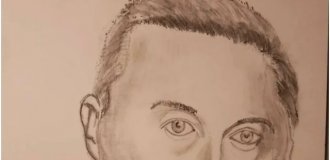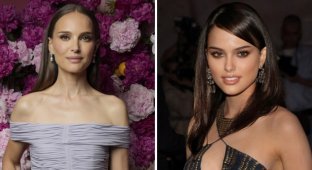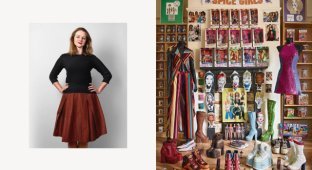From glamor to innocent simplicity: the girl showed how fashion for women's hairstyles has changed in 100 years (12 photos)
It is impossible to keep track of all the trends, because they change every year and sometimes every season. However, fashionistas from different eras and ages regularly try to do this. Today we will pay attention hairstyles and see which ones were popular in past. One wonderful girl will help us with this. 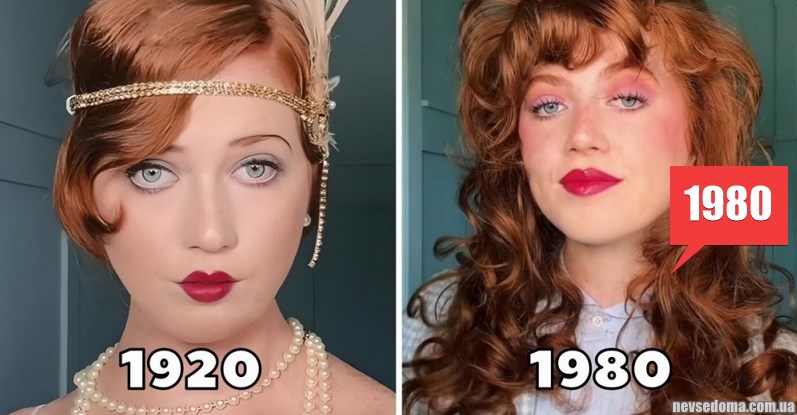
Tiktoker under the name Geenahunt made an interesting video, in which demonstrated how fashion trends for women changed hairstyles for 100 years. The girl was able to show only some options that were popular at the time. However, these examples are enough to appreciate exactly which forms and styles gave preference to the girls of those times.
Geenahunt showed fashionable hairstyles of the past on yourself personally. In addition, the girl was not too lazy to choose the right one for them. makeup (corresponding to the era). The video turned out great and meaningful. A real excursion into the history of fashion. No wonder that the work of the tiktoker was able to collect as much as eighteen million views.
We invite you to enjoy this cool and informative content too.
Exciting glamor 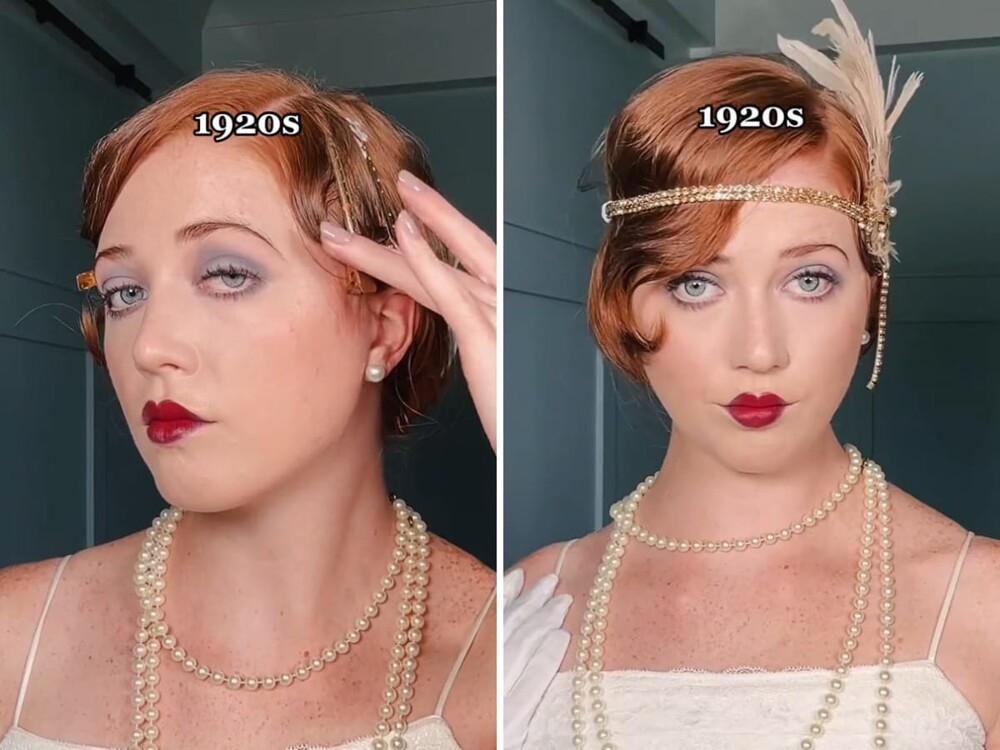
In the 1920s, women were madly in love with short haircuts, and in features self-contained and elegant bob. Hair should have been perfect fit with fixing aids. The final element the original headdress or bandage acted. In this era of fashion also liked to wear straight bangs.
Bold styling 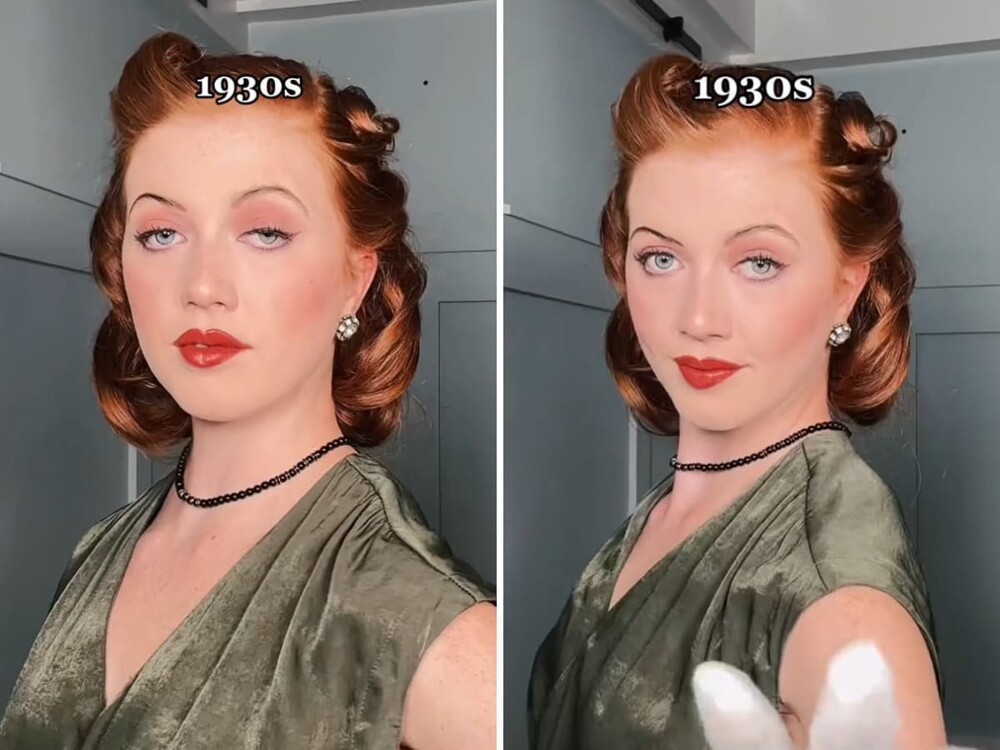
Ten years later, the hairstyles were still enough short, but now more attention was paid to bolder styling. Gels were actively used to create the effect of wet hair.
During this period, there is a boom in clarification. Women like Carole Lombard and Jean Harlow inspired thousands of women to radical image change.
The return of long hair 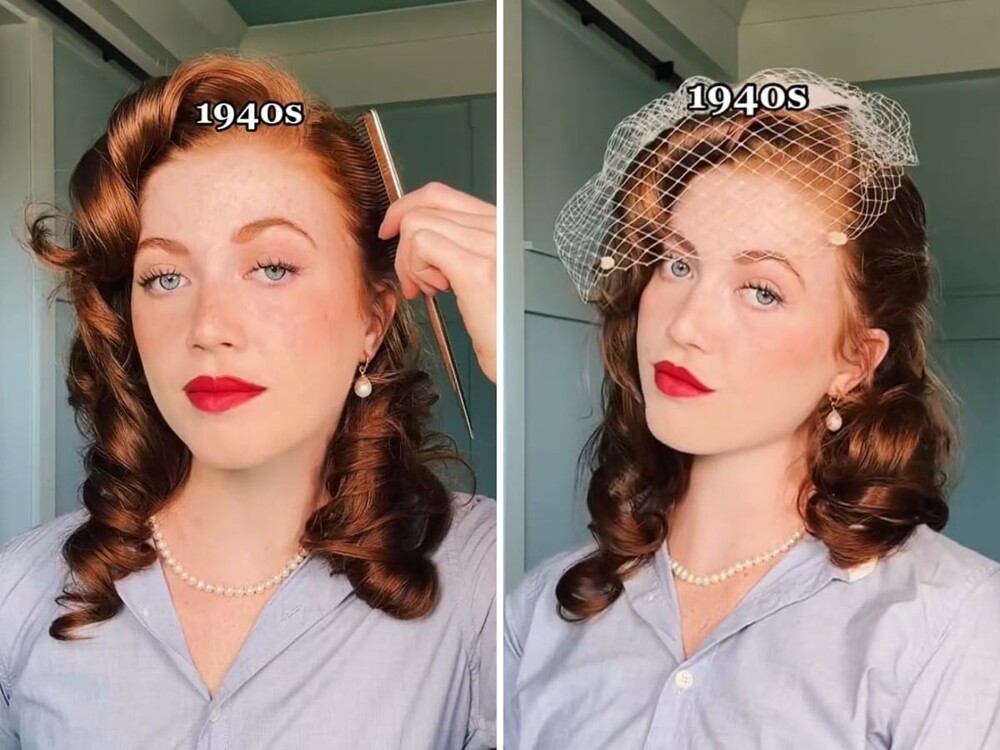
Large-scale military operations have made their own adjustments to Fashion world. Since it was no longer easy to get styling products, women began to grow their hair back. During this period, fashion includes curls, combed back and haircuts with a side parting.
romantic curls 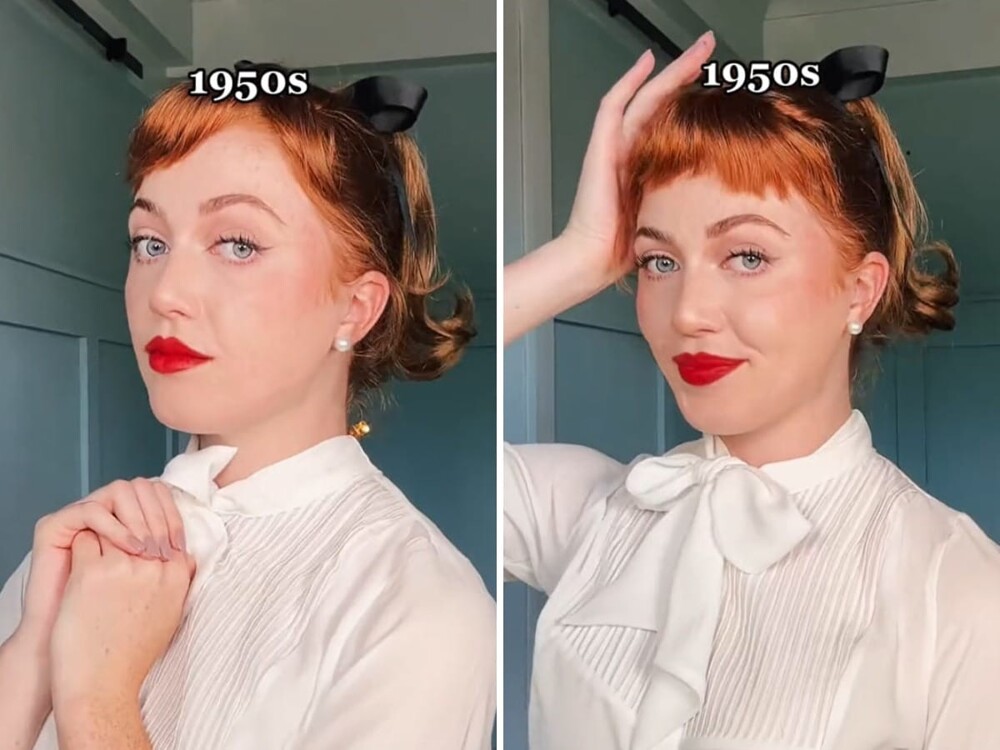
Looking at the fifties hair style, add up the impression that their main feature was modesty and restraint. However, don't be so quick to be fooled. Yes, the tail is in fashion, but it is only a field for interesting experiments. also in fashion includes French shell and fleece.
The struggle of volume with geometry 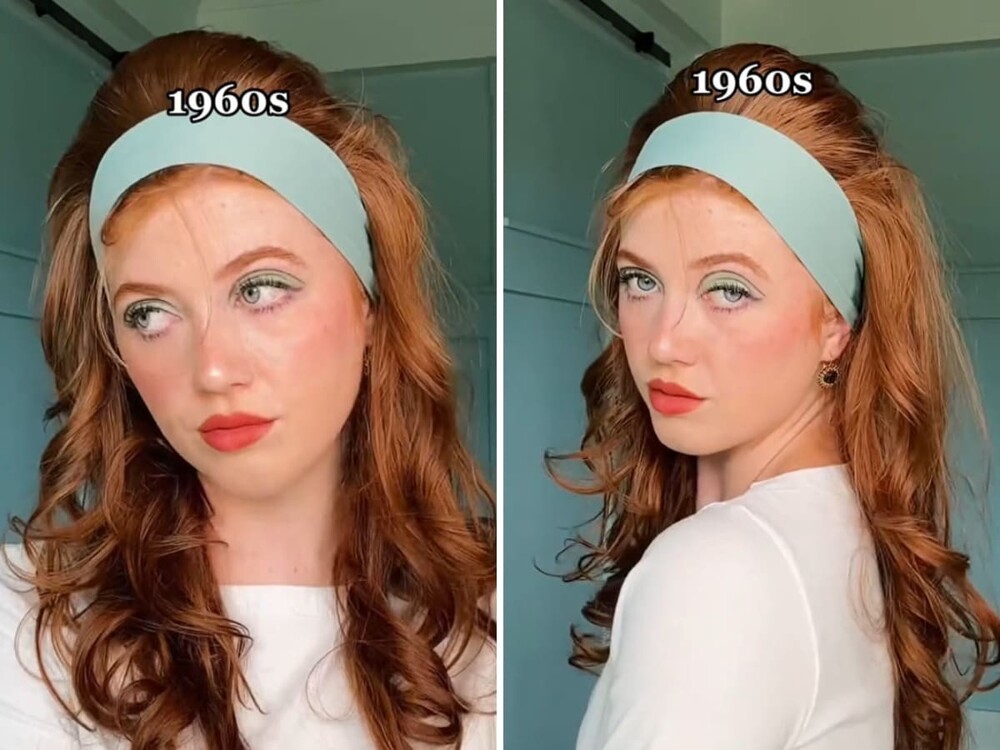
Fashionistas who lived during this period were divided into two camps. The first preferred voluminous hairstyles with fleece. Others were crazy about the geometric haircuts that the supermodel brought into fashion Twiggy.
lion's mane 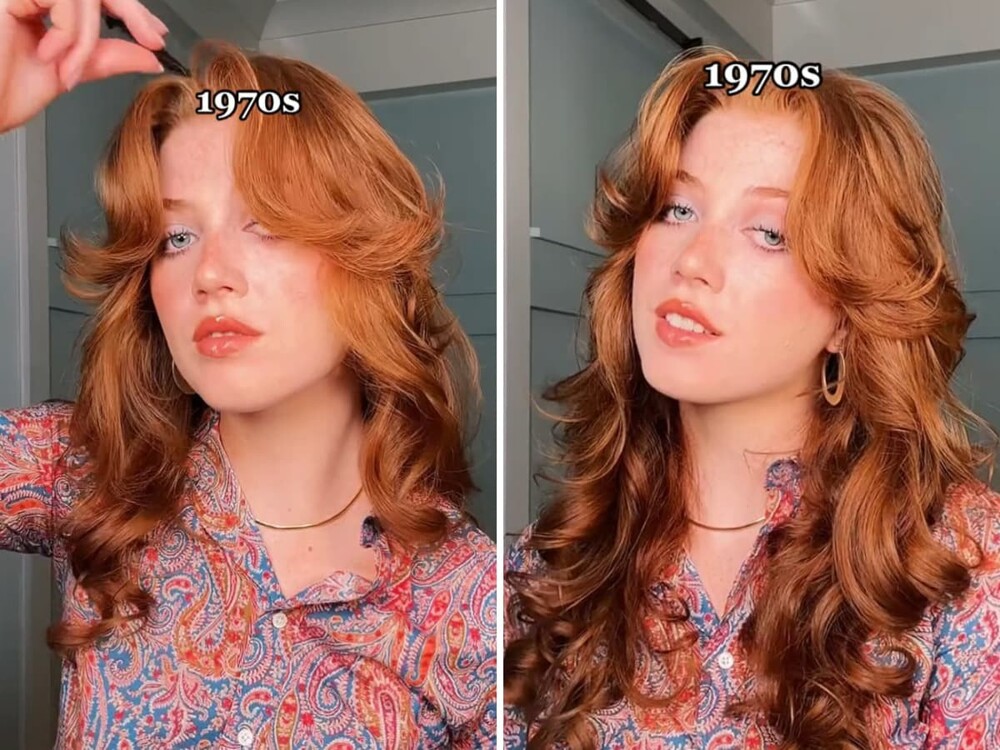
Lush hairstyles with large curls were invented by women, who could not wear an afro (for obvious reasons), although it was wildly popular at the time.
Boom of experiments 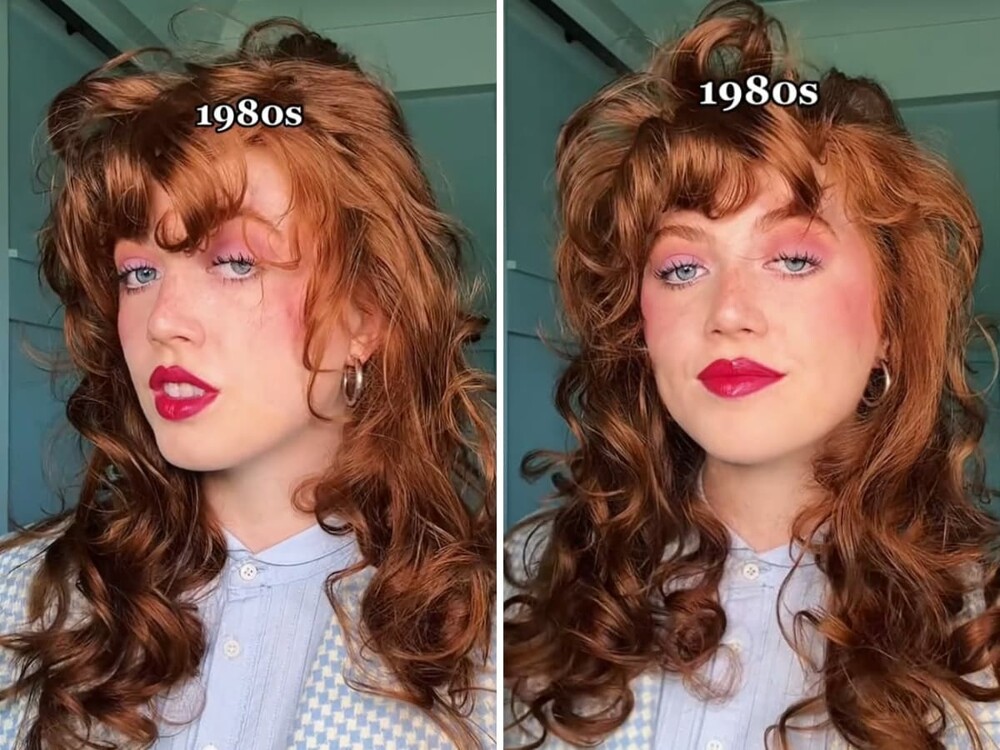
On the shelves of stores begin to appear various tint balms and hair styling products, so women who wanted look spectacular, did not deny yourself anything. in great demand various hairpins, bows and bandages were used.
The tousled hair trend was especially popular. He appeared thanks to the singer Madonna, who introduced the fashion for discoloration and slightly punk styling.
slight negligence 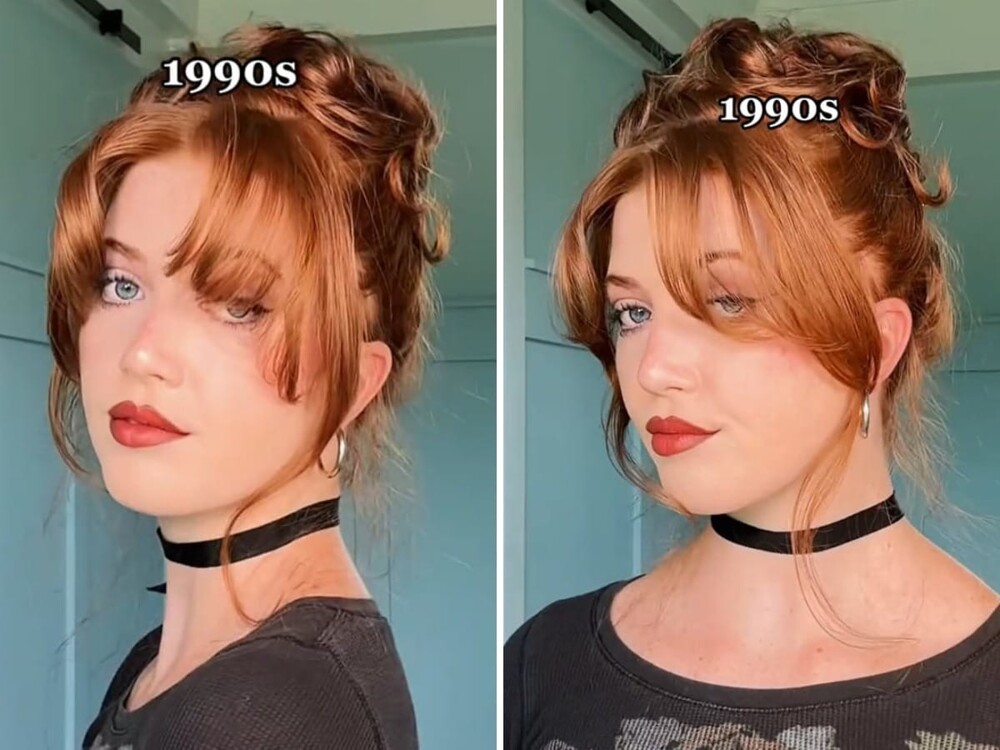
Teenagers and young girls from the 90s loved to do a bun or tail, from which two thin strands were necessarily produced along sides. Separately, it is worth mentioning the corrugated hairstyles that looked strangely enough, but still enjoyed great popularity.
More freedom 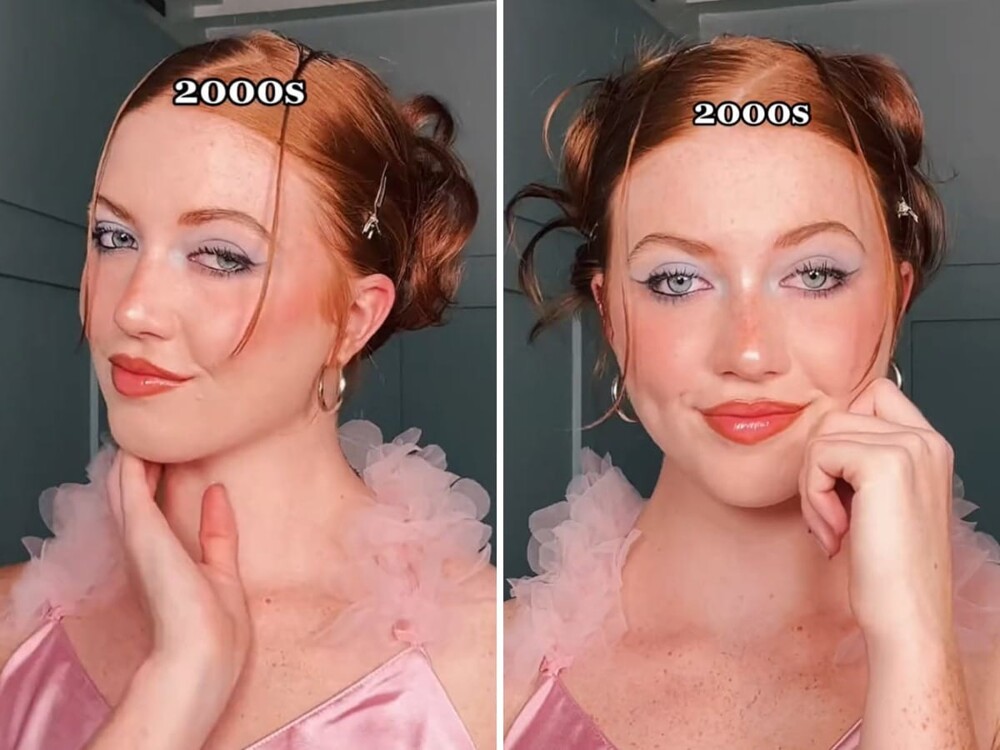
During this period, fashionistas pay special attention to the low beam. It looks elegant and at the same time- rebellious.
Variety of braids 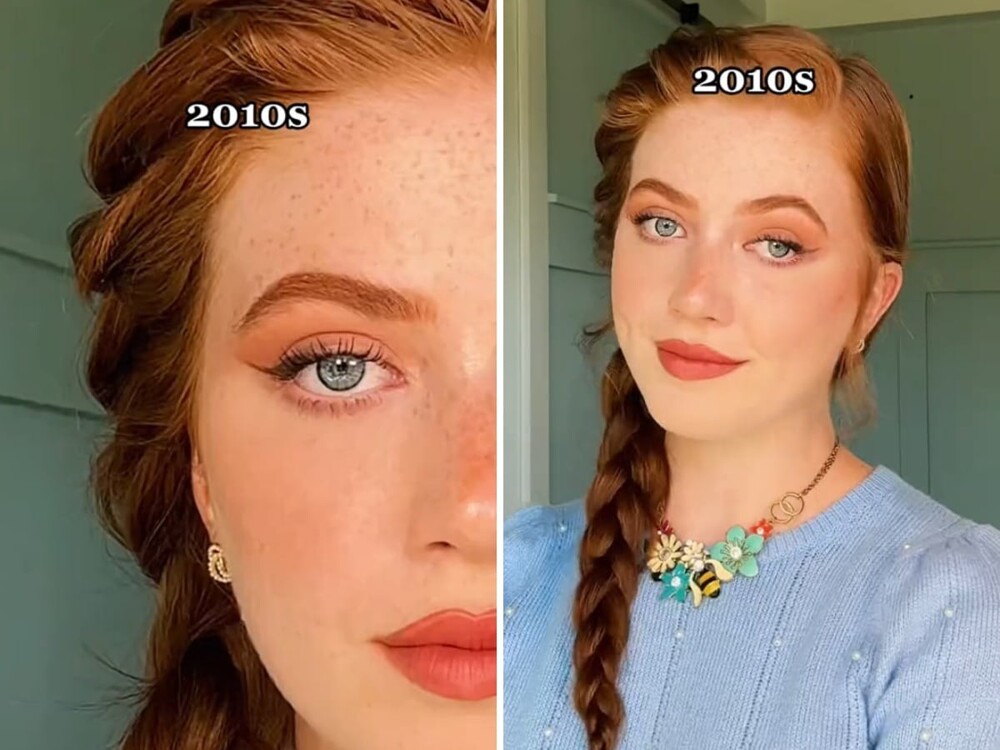
Since 2010, girls have turned all their attention to braids - double, triple, high and voluminous. They construct from them on their heads the most varied hairstyles imaginable.
Simplicity and convenience 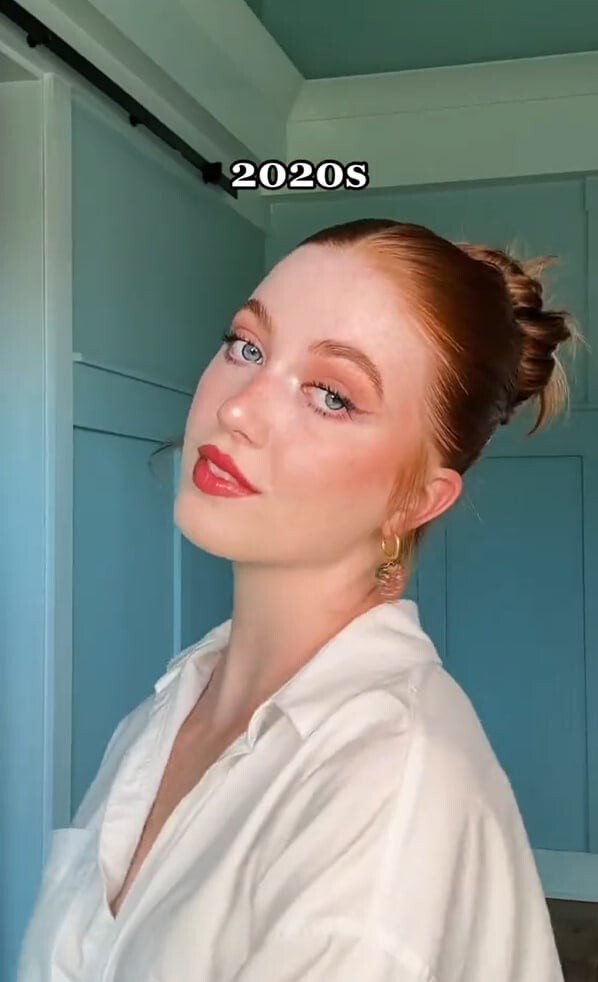
Nowadays, comfort is the priority. girls seek to rid themselves of bulky styling and uncomfortable hairstyles. IN buns, low and high tails are returning to fashion.
Which of the fashion trends of the past did you like the most?


